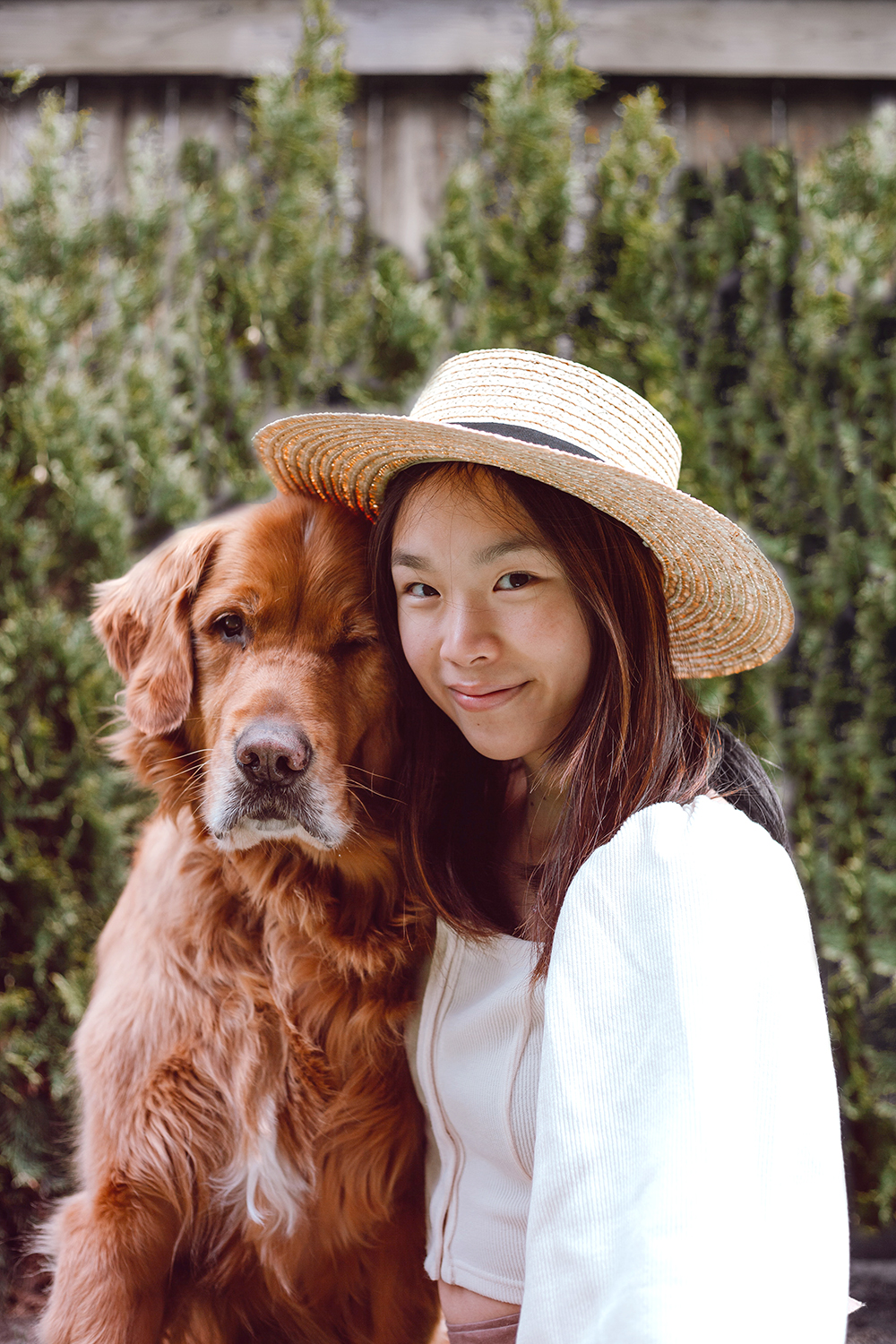 You take care of yourself when you hit the beach, lounge around on a dock or spend the day in the sun, but do you do the same for your pooch? Sunburn and skin cancer are not reserved for humans alone, your beloved pet can be at risk for these as well. Not to worry though, there are lots of things you can do for dogs and sun protection and many easy ways to reduce the sun-related risks for their health.
You take care of yourself when you hit the beach, lounge around on a dock or spend the day in the sun, but do you do the same for your pooch? Sunburn and skin cancer are not reserved for humans alone, your beloved pet can be at risk for these as well. Not to worry though, there are lots of things you can do for dogs and sun protection and many easy ways to reduce the sun-related risks for their health.
When it comes to dogs and sun protection, prevention is best
Just as you would for yourself, take preventative action to keep your dog from getting sizzled in the sun. Dogs are not as sensitive to the sun as humans are, but they will develop sunburns if they are outside in the sun for extended periods of time. Keeping them out of the sun during peak UV hours is a general rule of thumb when it comes to protecting your dogs from the sun. Try to fit those long walks in around breakfast or after work rather than on your lunch break when the sun is at its strongest.
Compared to other breeds, hairless dogs or dogs with lighter-coloured or shorter fur are at greater risk of burning. The North Shore Animal League America advises against cutting your pet’s fur too short, as longer fur can help to block out dangerous UV rays and heat from the sun. The areas of the body with thinner hair, like the nose, tips of the ears, stomach, groin and inside of the legs are also more susceptible to burning. Protective shirts that block out UV rays are good options for dogs that are short on hair too.
If you know your pup will be out in the sun for a while, apply a dog-friendly sunscreen, such as Nutri-Vet Sun Defense Spray for Dogs. This is easy to apply on furry dogs since it comes in a spray bottle. When buying a pet sunscreen, be sure to choose one that is non-toxic, fragrance-free and chemical-free, since your dog will be consuming some of it the next time he licks himself.
Heatstroke is another risk of being out in the sun and heat. For dogs, this will likely happen before sunburn, so make sure to have cold water available for your pet and keep them in a cool place as much as possible on super hot days.
After a day in the sun…
Despite our best efforts when it comes to our dogs and sun protection, sometimes they end up spending too much time catching some rays. And you may only notice once you’re cooling off inside, enjoying a frozen dog treat recipe or a refreshing drink. Your dog’s skin is burnt if it is redder than usual, or if he has fur loss, blistering, or is sore or sensitive to touch. If you suspect that your dog is severely sunburned or he is in visible discomfort, it is best to head to the veterinarian for help.
If your dog’s skin is only mildly parched, there are some at-home remedies that you can use to help ease their discomfort and heal the damage. Natural Dog Health Remedies suggests applying Aloe vera, witch hazel and vitamin E to calm, cool and heal the tender skin. Monitor your dog carefully when administering this treatment, and take him into the veterinarian at any sign of pain or irritation.
Assessing the risk
You probably already know that sunburns elevate the risk of skin cancer down the road, and as with humans, early detection of skin cancer in your dog is vital. CanineCancer.com recommends a once-monthly check by moving your pet’s fur around and looking at the skin beneath. VetInfo.com suggests that you make this experience fun for your dog by praising them and giving rewards. The following are warning signs that the veterinarians at VetInfo.com say may indicate that something is wrong:
-
Hair loss and bald patches
-
New growths or lumps that are changing in size or colour
-
Areas of the body that are causing discomfort to your dog or that they are licking or scratching often
-
Crusty or scaly lesions on the skin
-
Areas that bleed easily or do not heal
-
Nipple discharge or swelling of the teats
If your dog is experiencing any of these symptoms it is best to consult your veterinarian, though these may be symptoms of less serious and treatable issues. Excessive licking or scratching, for instance, may be due to allergies, but either way it is imperative to discover the cause.
The moral of the story when it comes to dogs and sun protection?
We take amazing care of our dogs: making sure they get plenty of exercise, sleep and only the best nutrients, so don’t forget to protect them when they’re outside in the sun. Keep your dog’s skin healthy and they will be sure to reward you with lots of licks and kisses.
___
{CREDITS: Written by Claire Rowsell | Photography by Jasmine Chew}
